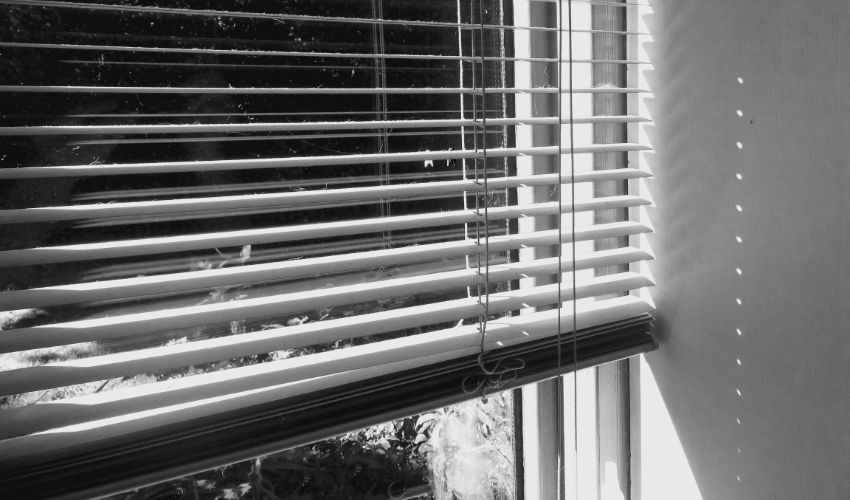Night blindness, also known as nyctalopia, is a visual impairment that makes it difficult for a person to see in low light conditions. It is not a complete loss of vision, but rather a reduced ability to see in dimly lit environments. This condition can be caused by a variety of factors, including vitamin A deficiency, genetic disorders, and certain medications. In this article, we will discuss the causes, symptoms, and treatments of night blindness in detail.
Causes of Night Blindness
There are many different causes of night blindness, some of which include:
- Vitamin A Deficiency: A lack of vitamin A in the diet can lead to night blindness. This is because vitamin A plays a crucial role in the production of rhodopsin, a protein found in the rods of the retina that is necessary for vision in low light conditions.
- Genetic Disorders: Some genetic disorders, such as retinitis pigmentosa, can cause night blindness. This is because these disorders can damage the cells in the retina that are responsible for vision in low light conditions.
- Medications: Certain medications, such as those used to treat high blood pressure, can cause night blindness as a side effect.

Symptoms of Night Blindness
The main symptom of night blindness is difficulty seeing in low light conditions. This can make it challenging to navigate in the dark, such as when driving at night or walking through a dimly lit room. Other symptoms may include:
- Glare: People with night blindness may experience glare from oncoming headlights or streetlights.
- Delayed Adaptation: It may take longer for people with night blindness to adjust to changes in lighting.
- Poor Depth Perception: Night blindness can also lead to poor depth perception, making it difficult to judge distances in low light conditions.
Treatment of Night Blindness
The treatment for night blindness depends on the underlying cause of the condition. Some possible treatments include:
- Vitamin A Supplements: If night blindness is caused by a vitamin A deficiency, taking vitamin A supplements can help improve vision in low light conditions.
- Surgery: In some cases, surgery may be necessary to correct a problem with the eyes, such as a cataract.
- Medication Changes: If night blindness is caused by a medication, switching to a different medication may help alleviate symptoms.
Frequently Asked Questions
Can night blindness be cured?
The treatment for night blindness depends on the underlying cause of the condition. If the cause is a vitamin A deficiency, taking supplements may help improve vision in low light conditions. In other cases, such as genetic disorders, there may not be a cure, but treatments can help alleviate symptoms.

Is night blindness a common condition?
Night blindness is relatively rare, but it can affect people of all ages.
Can night blindness lead to complete blindness?
Night blindness itself is not likely to lead to complete blindness, but underlying conditions that cause night blindness can sometimes lead to vision loss.
Can night blindness be prevented?
In some cases, night blindness can be prevented by ensuring that the diet contains enough vitamin A. It is also important to have regular eye exams to detect any underlying conditions that may lead to night blindness.
How is night blindness diagnosed?
A doctor can diagnose night blindness through a comprehensive eye exam, including a visual acuity test and a test to measure the ability to see in low light conditions.
Conclusion
Night blindness is a condition that can significantly impact a person’s ability to see in low light conditions, making activities such as driving at night or walking in the dark challenging. It can be caused by a variety of factors, including vitamin A deficiency, genetic disorders, and certain medications. The symptoms of night blindness include difficulty seeing in low light conditions, glare, delayed adaptation, and poor depth perception.
The treatment for night blindness depends on the underlying cause of the condition, and can include vitamin A supplements, surgery, or medication changes. While night blindness itself is not likely to lead to complete blindness, underlying conditions that cause night blindness can sometimes lead to vision loss.
If you are experiencing difficulty seeing in low light conditions, it is essential to consult with an eye doctor to determine the cause of your symptoms and to receive appropriate treatment. By addressing the underlying cause of night blindness, it may be possible to improve your vision and quality of life.






















